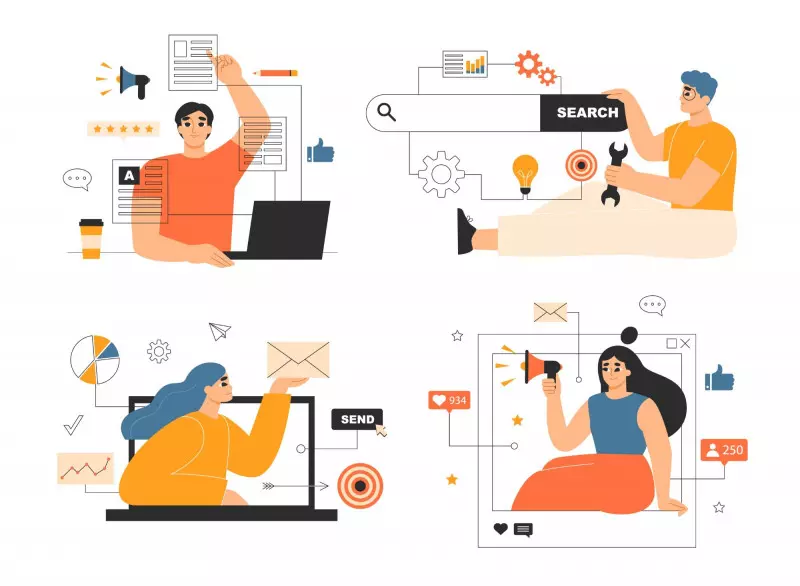Understanding audience segmentation and profiling is the key to creating more personalized ad campaigns that compel leads to convert.
However, knowing how to segment an audience is crucial to this strategy tactic’s success. Determining the most effective audience clusters means you’ll be able to tailor ad campaigns, email blasts, and other pivotal marketing collateral in a more personalized way.
Audience clusters are an important element of audience segmentation, but what is audience segmentation in relation to your digital marketing strategy? What criteria is best for determining audience segments, and once you’ve divvied the audience, what does that mean for ad campaigns, social media content, and other aspects of any given customer’s online journey with getting to know you brand? Audience segmentation should make marketing much easier and more customized for customers.
What Is Audience Segmentation and Should You Use It?
Audience segmentation is simply parceling out your audience based on various uniting demographic criteria to create a more personalized marketing experience for your audience. Doing an audience segmentation analysis could easily be the leg-up over your competition. However, knowing how to break up your audience most effectively can be tricky, so let’s take a look at some audience segmentation examples to learn how to segment an audience.

How to Segment an Audience
The first step to segmenting your audience is determining what aspects of your audience you’d like to study and where your data is clearest to determine patterns. If looking at leads, these should be loaded into your CRM software and may have incomplete info as these audience members aren’t dedicated customers or clients yet. However, to ensure you get the most information from leads as possible, create engaging opportunities for visitors to share information that doesn’t cost them anything via “free” tools such as polls, surveys, or quizzes that link your product with core demos.
If looking at your dedicated followers, customers, or clients, the same approach will work for them as well, but you can also afford to reach out via other methods to collect info, such as email blasts, SMS messages, and other more personal contact methods. However, simply having the information isn’t enough if you’re sending ineffective messages that don’t resonate.
How to Determine What Information You Need
Depending who you ask, you’ll get a different answer for how to go about audience segmentation. While specific information tidbits may prove more valuable within one industry rather than another, the core segments to consider are demographic (meaning age, occupation, and gender identity), geographic (customer location), behavioral (tendencies of people within a group), and psychographic (personality, attitudes, and lifestyle).
What Will Audience Segmentation Do For My Brand?
Using elements of each of these major segments, or even segments within these umbrellas will only help you get to know your audience better and craft messaging that helps each viewer feel seen. Some audience segmentation examples could include shifting messages for a GenZ woman to be phrased or handled differently than contact for a Millennial man. While no audience segmentation effort is flawless, and there are always outliers to this sort of data, extra information gives you context and backstory that will help you relate to your audience.
In fact, if your data shows that you have a GenZ leaning audience in general, perhaps you should shift your paid ad spending to TikTok instead of Facebook since each platform has its own unofficial audience segmentation that you can also leverage if your viewers and clients are stingy with giving you information and you are wanting to move more quickly.
Audience Segmentation In Action
Sometimes figuring out the best strategy can take trial and error, especially if you’ve never taken on in-depth personalization in your marketing strategy. To save time and resources, trust the experts at ULS with your audience segmentation efforts. Our team understands the latest trends that impact each target demo and will help you find the best audience clusters and audience segmentation techniques to ensure your brand reach makes an impact. Contact us today for your free consultation!













Leave a Comment
Comments (0)